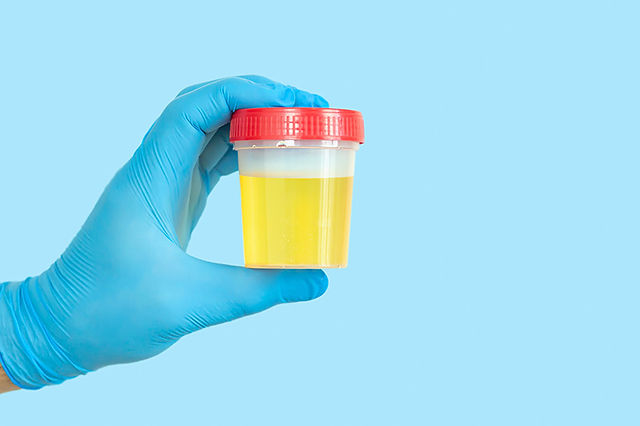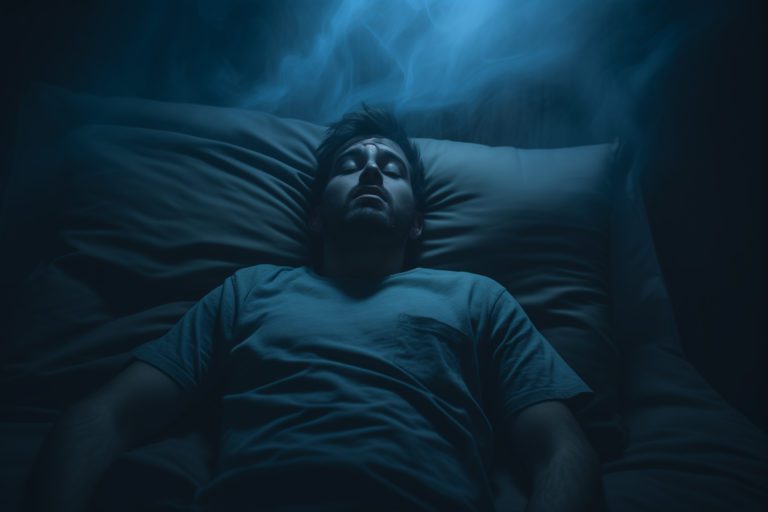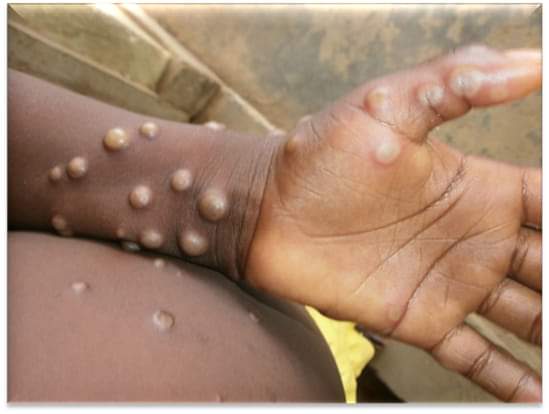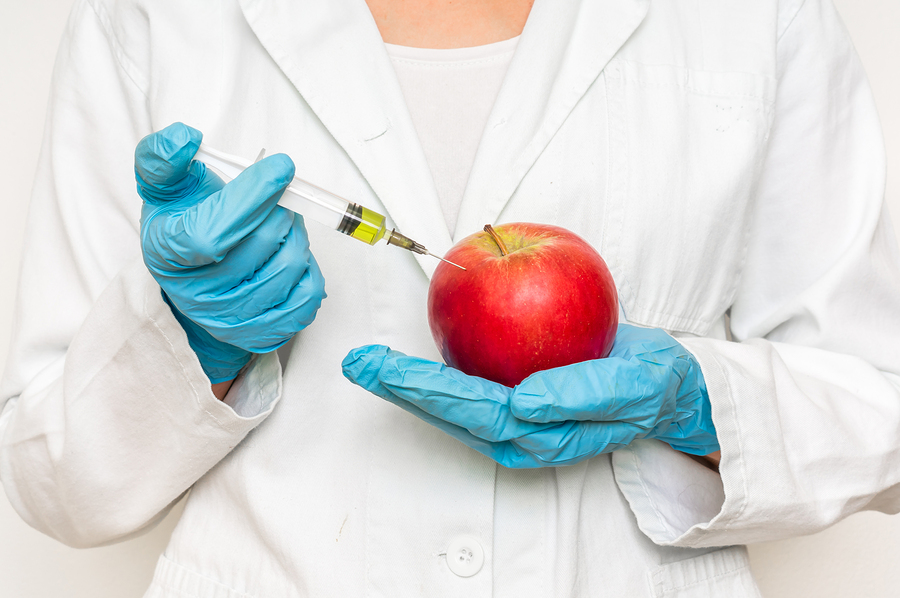PEE: Your Urine and Your Health

Did you know that the basic details of your urine—color, smell, and how often you go—can give you a hint about what’s going on inside your body?
Urine, often referred to as 'pee' is your body’s liquid waste, mainly made of water, salt, electrolytes such as potassium and phosphorus, and chemicals called urea and uric acid. Your kidneys make it when they filter toxins and other bad stuff from your blood. A bunch of things in your body, like medications, foods, and illnesses, can affect how yours turns out.
If everything is normal and healthy, the color of your pee should be a PALE YELLOW to GOLD. That hue comes from a pigment your body makes called urochrome. The shade, light or dark, also changes. If it has no color at all, that may be because you’ve been drinking a lot of water or taking a drug called a diuretic, which helps your body get rid of fluid. Very dark HONEY- or BROWN-colored urine could be a sign that you’re dehydrated and need to get more fluids. It may also be a warning sign of liver problems, so see your doctor if it doesn’t get better after a day or so.
Other unusual colors that may show up:
PINK or RED: Some foods like carrots, blackberries, beets, and rhubarb can turn your pee a pinkish-red color. This can also be a side effect of medications like the antibiotic rifampin or a drug for urinary tract infections (UTIs) called phenazopyridine. Always check with your doctor if your pee is pink or red. You might have blood in your urine. It doesn’t always mean there’s a problem, but it can be a sign of kidney disease, a UTI, prostate problems, or a tumor.
ORANGE: When your pee is the color of a citrus-flavored soft drink, it’s probably because of meds like high-dose vitamin B2, the UTI drug phenazopyridine, or the antibiotic isoniazid. Depending on the color, it could also be a sign that you’re dehydrated or that there’s a problem with your liver or bile duct. You should ask your doctor about it.
BLUE or GREEN: These hues are probably due to dyes in your food or meds you’ve taken, like the anesthetic propofol or the allergy/asthma medicine promethazine. A few rare medical conditions can also turn pee green or blue, so let your doctor know if the color doesn’t go away after a short time.
FOAMY: No matter what color it is, you should check in with your doctor if it consistently looks foamy and frothy. It may be a sign you have protein in your urine, which may mean you have issues with your kidneys.
Pee doesn’t usually have a strong smell. But some foods -- especially asparagus, which has a smelly sulfur compound -- can change the odor. So can vitamin B-6 supplements. When you’re dehydrated and your pee gets very concentrated, it can smell strongly of ammonia. If you catch a whiff of something really strong before you flush, it might also be a sign of a UTI, diabetes, a bladder infection, or metabolic diseases.
Everyone is different, but most people need to empty their bladders up to eight times a day. That can change depending on how much you eat and drink, especially caffeine and alcohol. It could be a side effect of medications, too. Pregnant women and older people usually have to go more often than others.
If you notice you suddenly have to pee more often than usual, though, it could be a sign of a health problem such as a UTI, kidney disease, diabetes, an enlarged prostate in men, vaginitis in women, or a problem with the wall of your bladder called interstitial cystitis.
If you often feel that you suddenly “gotta go” and sometimes can’t get to the bathroom in time, you may have overactive bladder. It’s a common condition for older men and women, though it’s not a normal part of aging. Your doctor can tell you how to treat it with lifestyle changes and medications.
Pick up the phone any time you see a change in your pee that doesn’t seem linked to new medications or a recent meal—especially if the change lasts more than a day or so, or if it comes with a fever, back or side pain, vomiting, feeling very thirsty, or discharge. Your doctor can test your urine to see what’s going on.
Source: The Truth About Urine By Web MD
#penglobalhealth #urine



